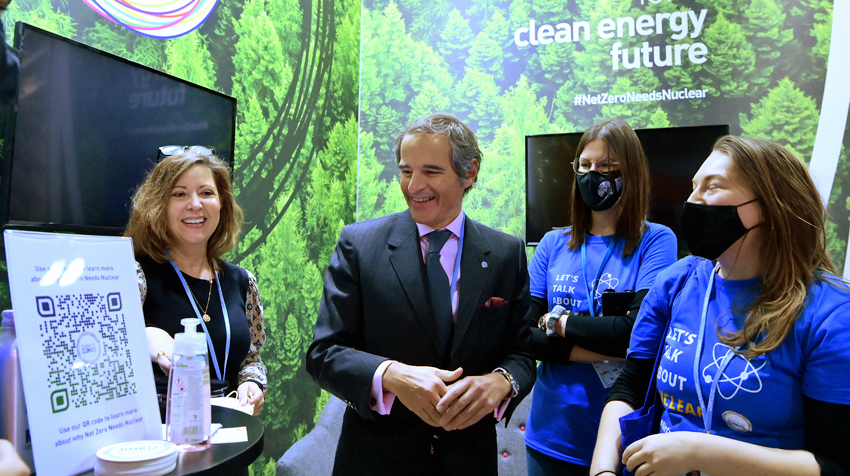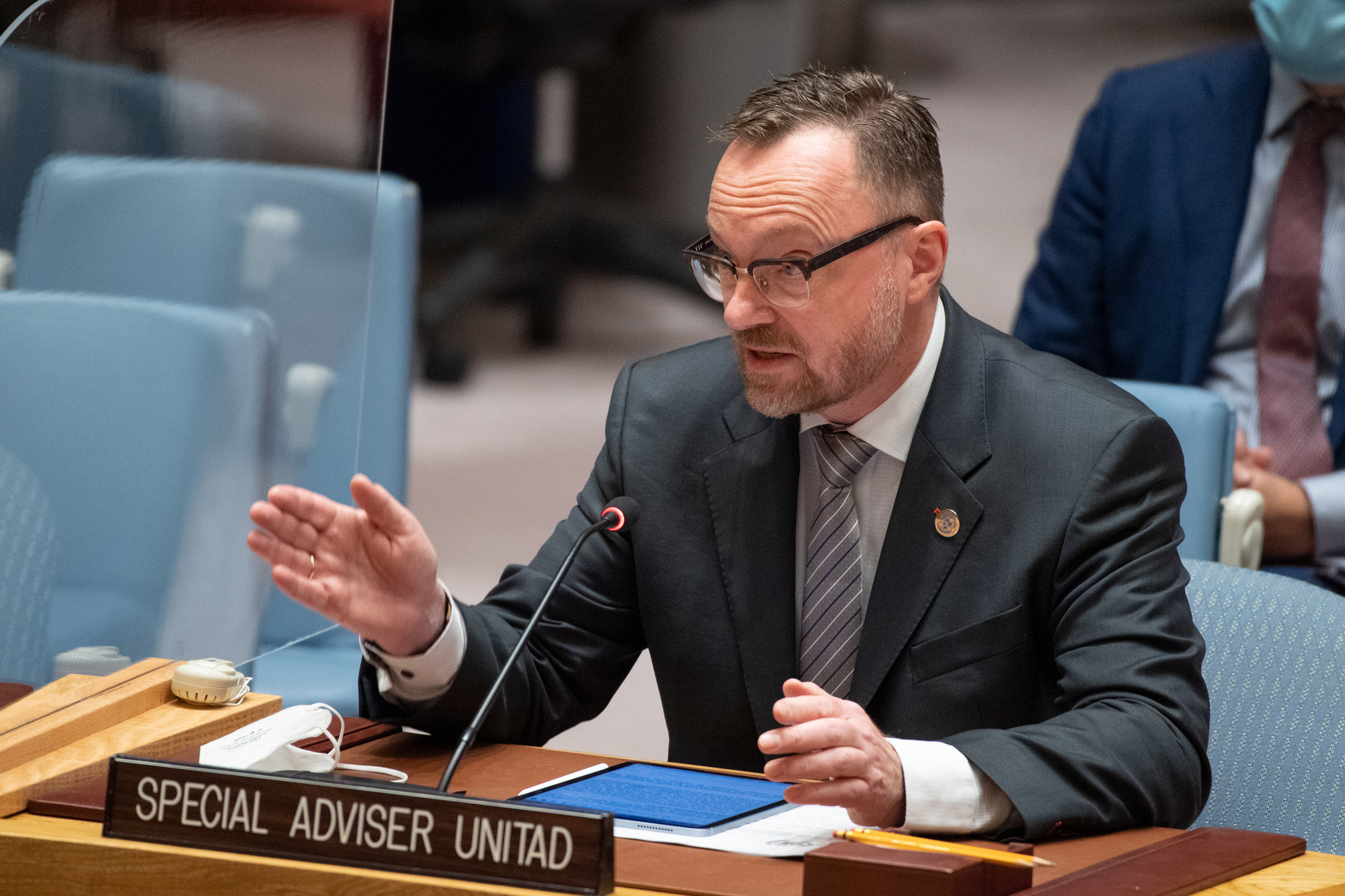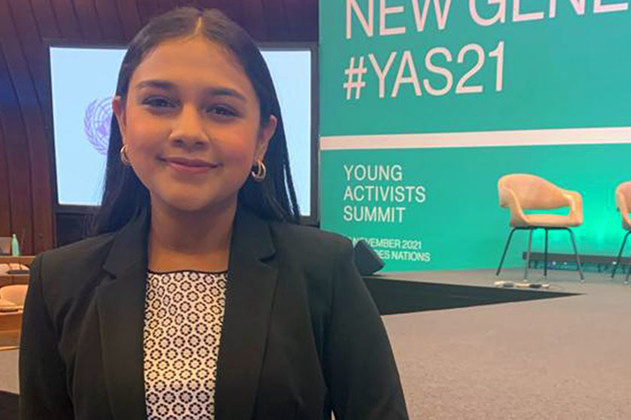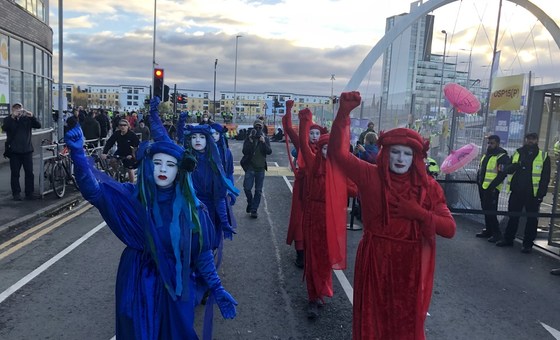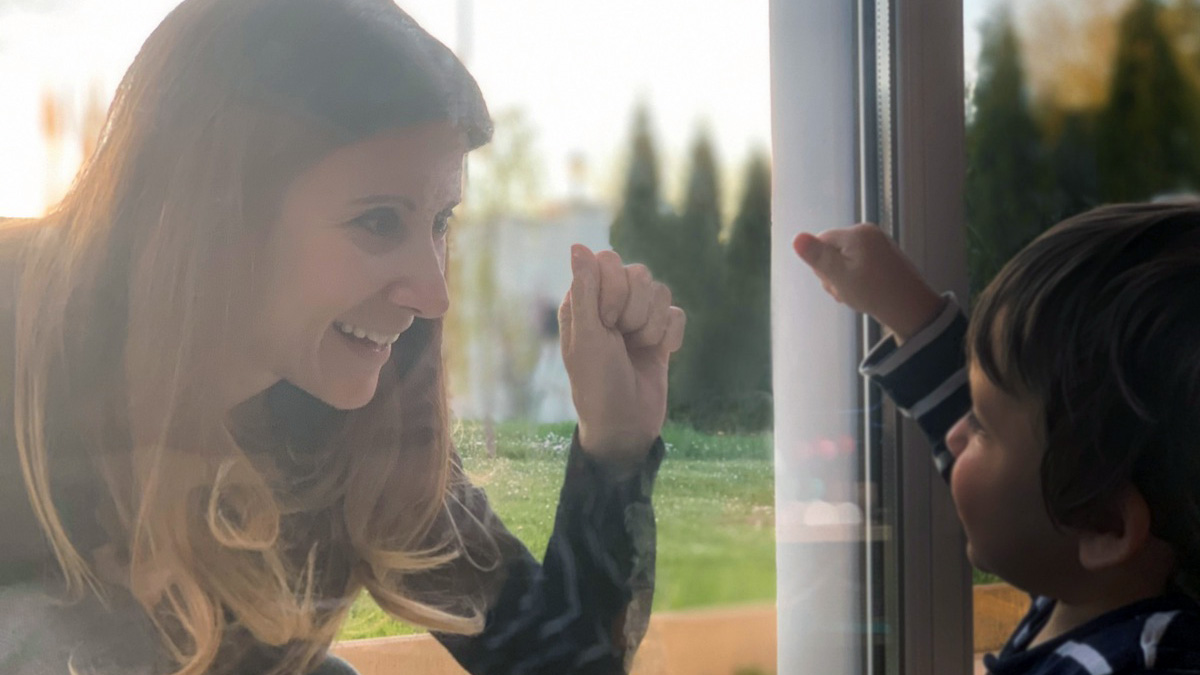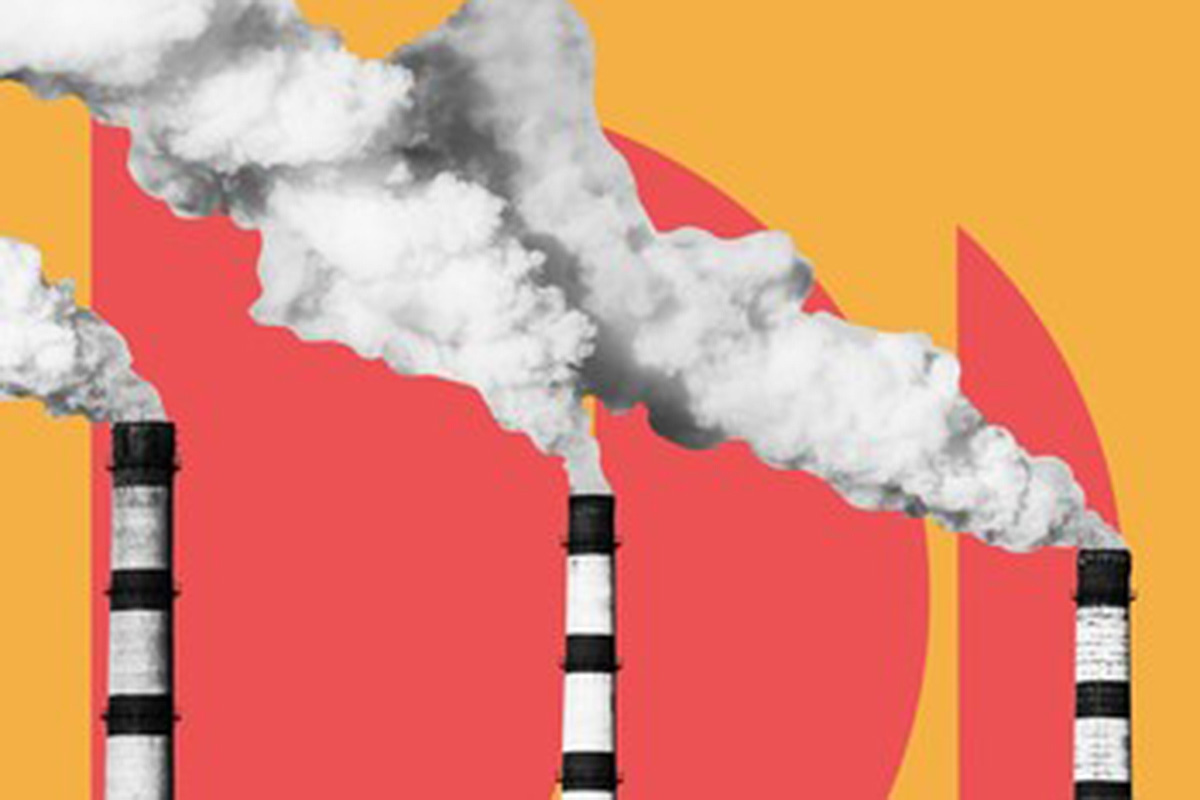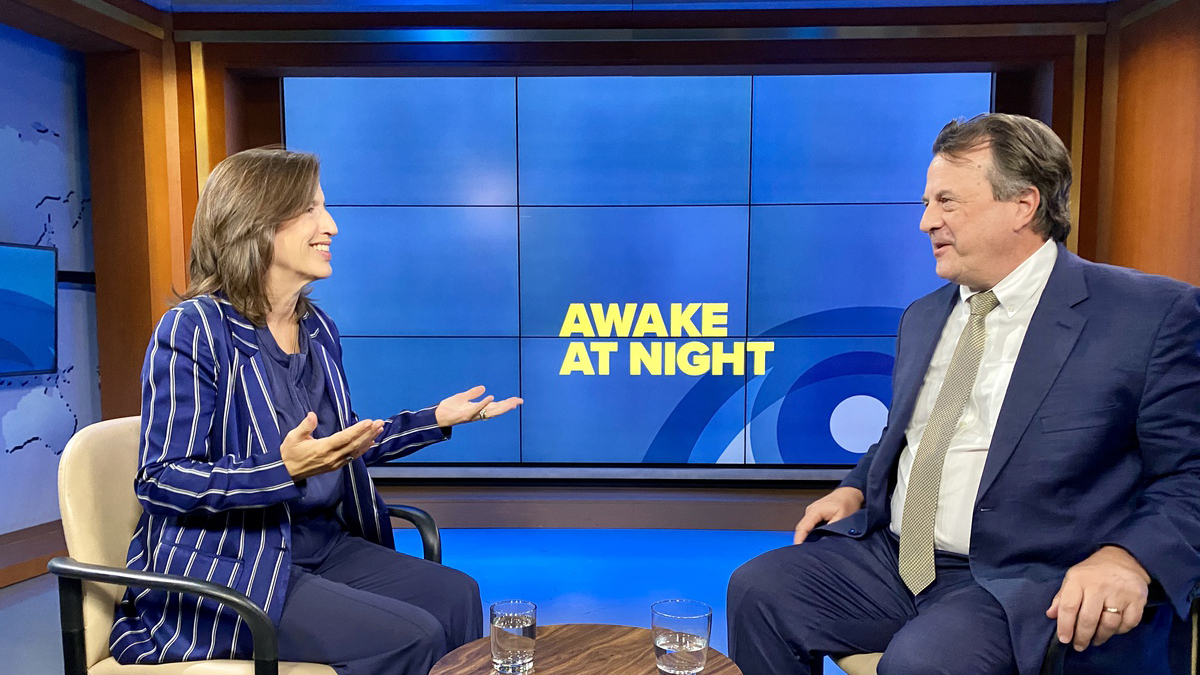“How obscene it would be for a country…that still has poverty, that still has all these problems, to spend billions in nuclear weapons. What for?”
IAEA Director General Rafael Mariano Grossi has specialized in non-proliferation and disarmament issues for more than 35 years – ever since he began his career as a diplomat in his native Argentina, when the country's then military dictatorship announced that it had mastered uranium enrichment. Rafael shares how a meeting in his twenties with atomic bomb survivors from Hiroshima profoundly changed his perspective. He also explains benefits of nuclear technology as he prepares to launch Rays of Hope, an initiative to scale cancer treatment for women across Africa.

